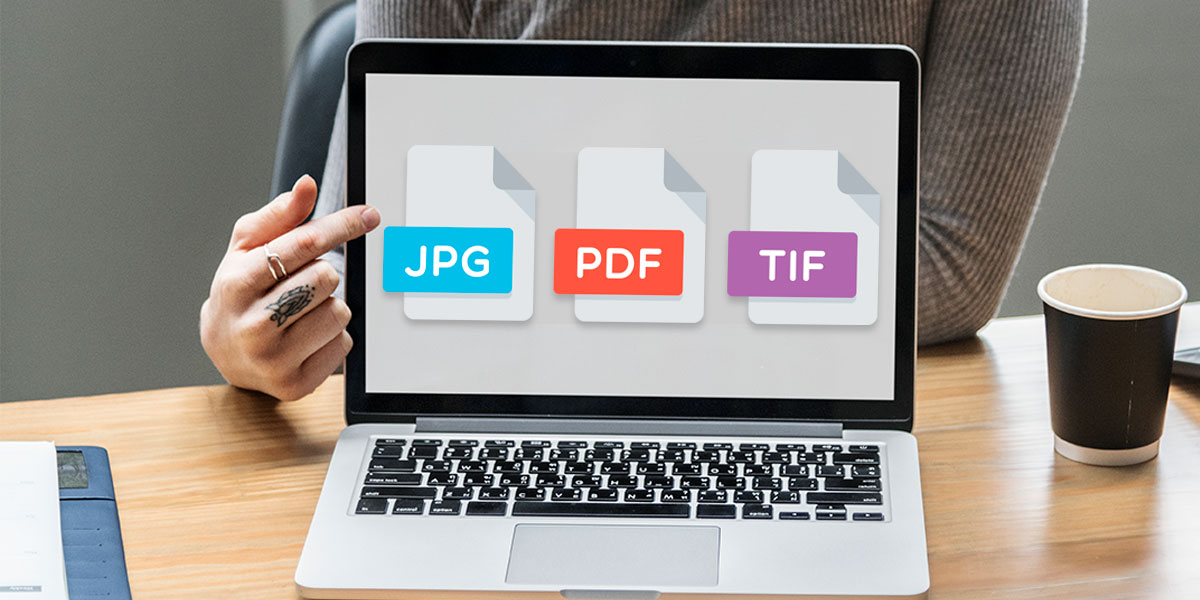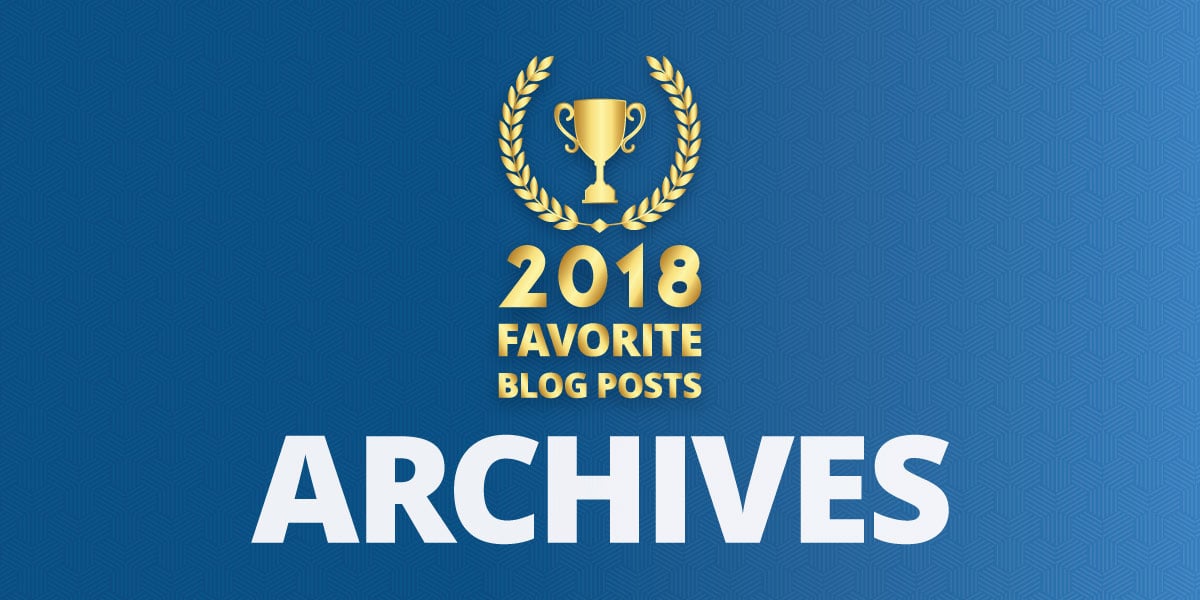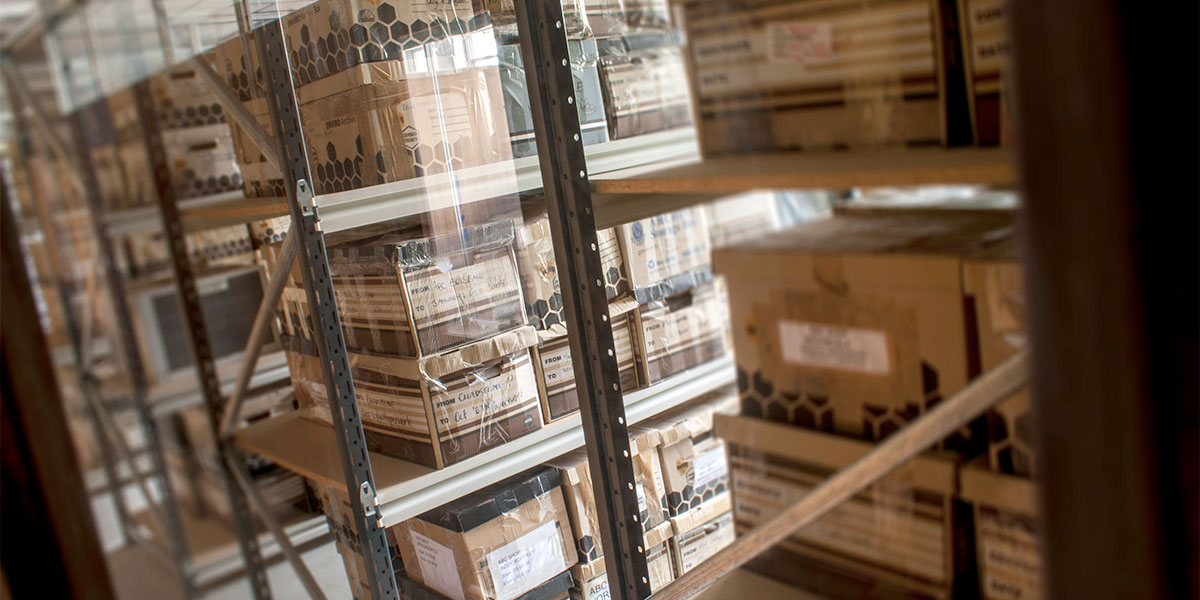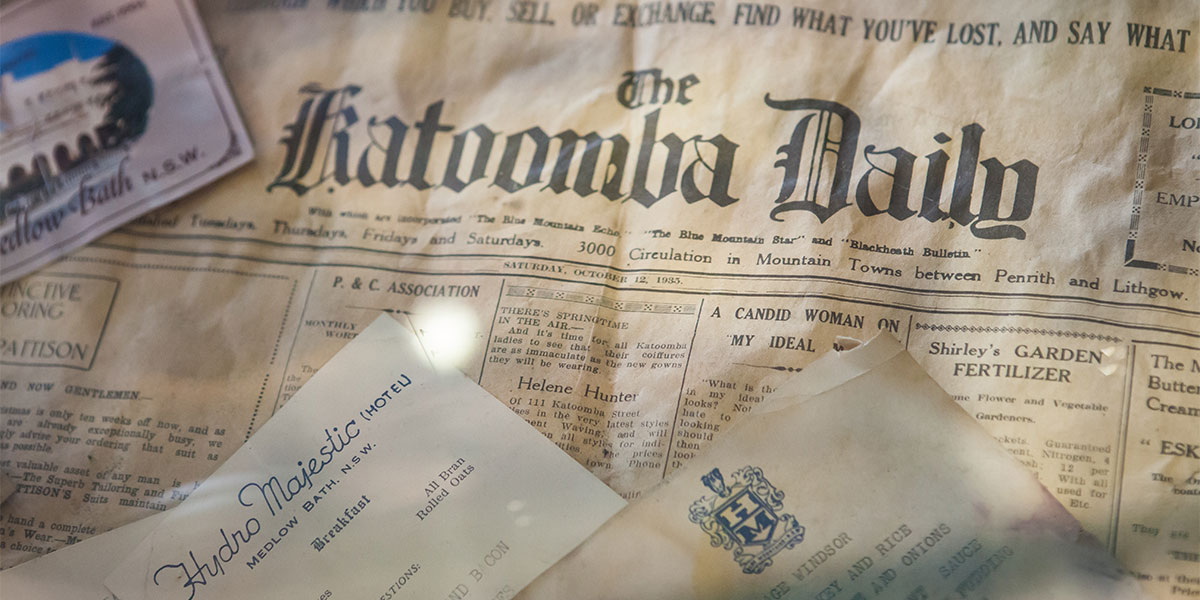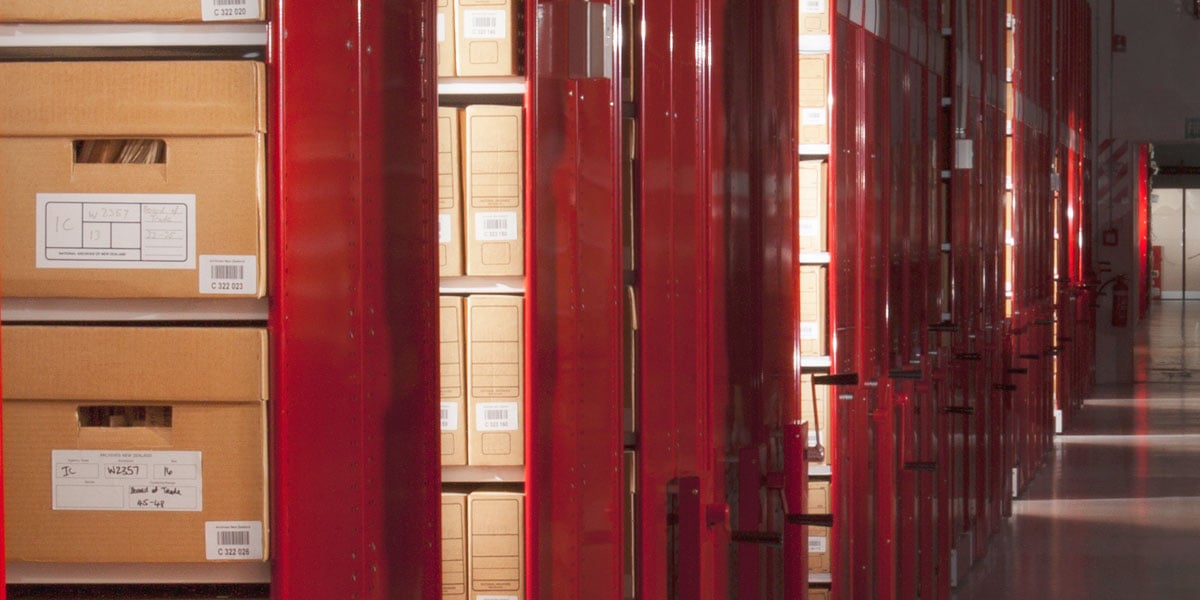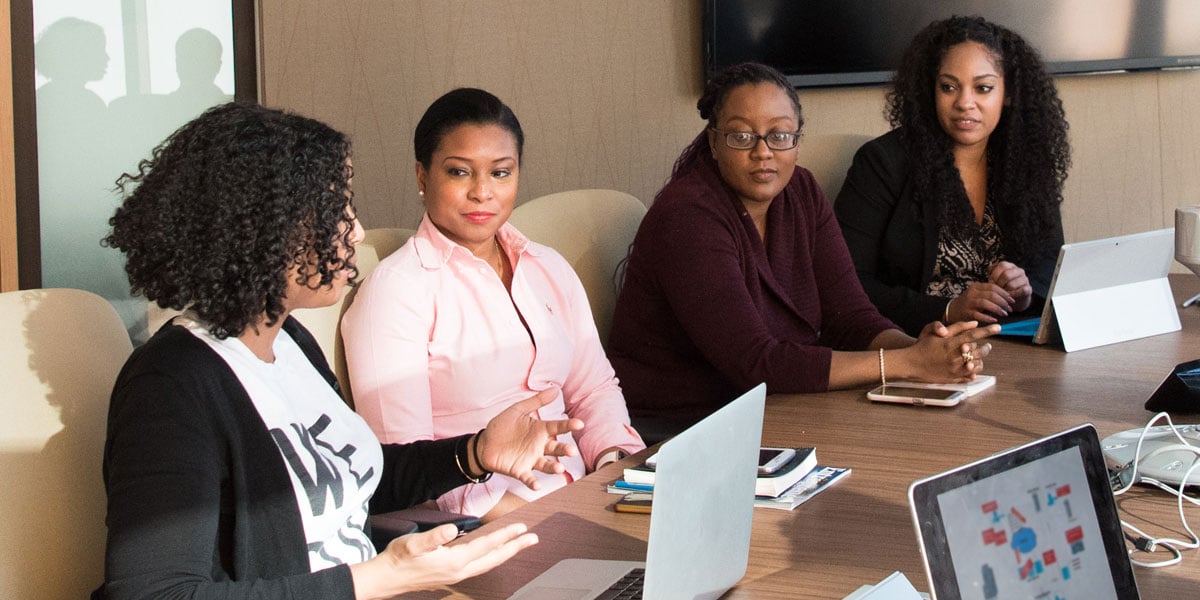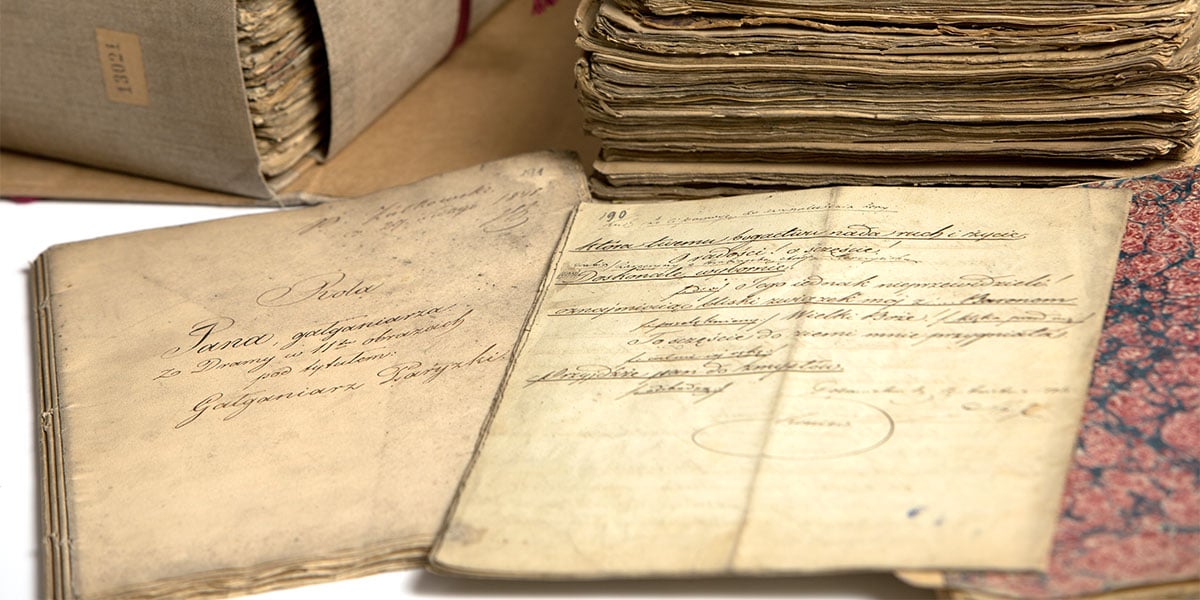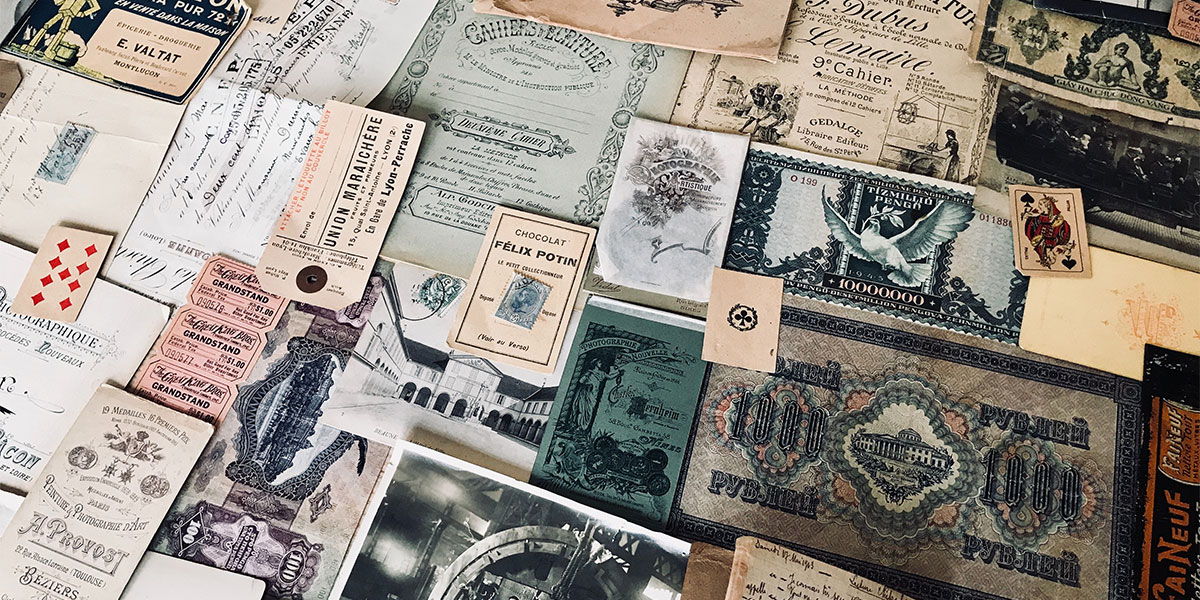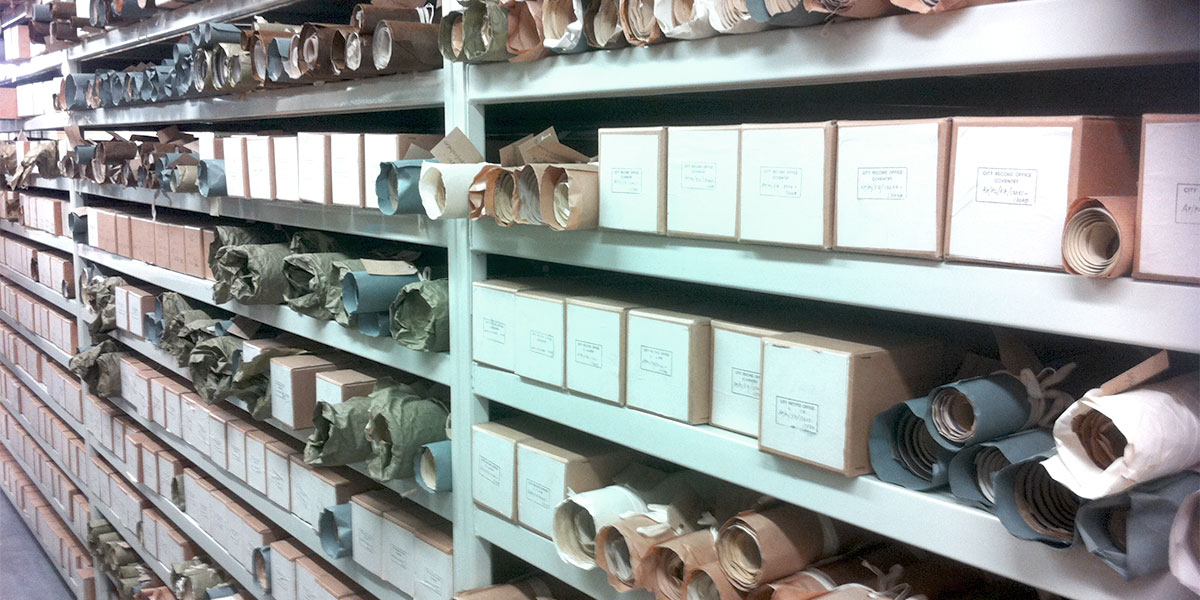Project managers are expected to be both good managers and leaders. Leadership is one of the most critical competencies a project manager must have. Leadership in archival projects is demonstrated through setting the vision for the project and supporting strategy, and creating a shared vision with the team. Archival leaders create an environment that encourages the best in team members, allowing them to develop and learn.
We've Moved!
Think Clearly has a new home! Click here to see our latest posts.
*If there’s older content you’d like to catch up on, you can browse right where you are, until Friday, April 5th.
We know it takes a minute to get used to change!
Topics: Professional Development, Digital Archives, Archives
Digital Archives: How and Why to Write Digital Preservation Policy
Most archives repositories find it a challenge to keep a balance between meeting the needs of their users, their administration, and their collections. The hands-on tasks involved in the daily management of ever-growing collections of digital information leave little time for conceptual planning of the digital preservation program.
Topics: Strategy, Digital Archives, Archives
Preserving Digital Archives: Choosing Which Digital Archives to Preserve
Appraisal and selection for digital artifacts are similar in the broadest sense to the appraisal and selection of physical archival collections. The framework that each institution uses to guide its selection process is influenced by the scope and subjects of the collecting agencies.
Topics: Digital Archives, Archives, Technology
The sustainability of digital materials depends on standard file formats that will last for the long term. As technology changes rapidly, archivists and other information professionals need to use a narrow set of sustainable file formats to retain information between systems and programs. As new formats develop, sustainability must become part of the design process from the beginning to make the efforts of digital preservation successful.
Topics: Digital Archives, Archives, Technology
The results are in! Guest blogger Margot Note’s archives blog posts have strong readership, but we noticed enthusiasm for three in particular, demonstrating readers’ interest in digital archives, and what digitization means for preservation and description. They’re worthy of a reprise, and just in case there’s anyone out there who missed them the first time… please read on!
Topics: Digital Archives, Archives, Collections Management
While digital preservation efforts are being led by members of the cultural heritage community working at institutions traditionally responsible for saving materials, the challenges of digital preservation require the involvement of new participants.
Topics: Professional Development, Strategy, Digital Archives
Preserve, Curate, or Steward? Changing Definitions in Digital Preservation
Digital preservation is a series of managed activities necessary to ensure continued access to digital materials for the highest utility—and for as long as possible or necessary. Archivists work to save bits and bytes beyond the limits of media failure, software obsolescence, and technological change. The phrase “digital preservation,” however, has been questioned because it may not sufficiently describe what needs to occur for digital materials to be accessible over time.
Topics: Digital Archives, Collections Management
As our understanding of digital preservation, curation, and stewardship matures, archivists and other information professionals have begun to question some of our assumptions about preservation. To address current needs, the practices we have developed and taken for granted for decades are transforming in the digital environment.
Topics: Digital Archives, Archives, Collections Management
As with many archival projects, large institutions lead the way to new discoveries, workflows, and practices. Discussions about digital preservation have been too frequently (but understandably) presented in terms that apply only to large, well-funded institutions.
Topics: Strategy, Digital Archives, Collections Management
The archival field lacks people with the expertise needed to extend the digital preservation agenda. Formal training opportunities for digital preservation are still rare, so much is learned on the job. New archivists may be uncertain as to where to acquire specific skills, and seasoned archivists need to broaden their knowledge or expand their roles professionally.
Topics: Professional Development, Digital Archives
On-Site or Off-Site Storage - Part 5: A History of this Long-term Solution
Off-site and remote storage facilities are not new. They were developed in the 1930s and continue to be important for preservation and long-term retention of materials. They provide a long-term solution for paper and microfilm records, sound and video recordings, and now data.
Topics: Special Libraries, Strategy, Digital Archives, Archives
The Information Age spawns questions for the future. How will we ensure long-term access to information, growing exponentially every day? How will we migrate data as technology moves from one medium to the next? Who determines what’s saved, and what criteria will be used to make those decisions? Most importantly, what is the cost of preservation? Who will pay for it?
Topics: Professional Development, Digital Archives, Archives
The challenge that many archival repositories face is assimilating digital preservation activities into everyday workflows. In my past positions, preservation of digital assets was an afterthought—if thought about at all. As a consultant, I’ve found that planning for long-term digital preservation is still unclear in most digital initiatives. Awareness about digital preservation is growing, though work and education are still needed.
Topics: Strategy, Digital Archives, Archives
Archivists can use several elicitation techniques to gather requirements for their projects. These methods, ranging from document analysis to in-depth interviews, provide ideas for needed projects.
Topics: Strategy, Digital Archives, Archives
Goals and objectives are instrumental in strategic planning for archives because they turn the project’s vision into measurable targets. Goals are the ends towards which a project is directed; objectives are more detailed than goals and explain how goals will be accomplished. With both in hand, archivists build and support the vision for what they wish to achieve with their projects.
Topics: Professional Development, Strategy, Digital Archives, Archives
Although some archivists debate the necessity for item-level access, it is often more challenging to describe images in the aggregate. Collection-level description can be useful for images of the same subject, but problematic for collections with a variety of subjects, as it neither improves retrieval nor limits the handling of the originals. Group arrangement and description are necessary for large collections or when resources are limited.
Topics: Digital Archives, Archives, Collections Management
Traditionally, archivists have dismissed arrangement at the item level as having little utility and being impractical for modern collections. However, archival surveys conducted over the years have found that a significant proportion of archivists have adhered to item-level description—even though it is contrary to the traditional archival practice of collection-level description. The same discrepancy between literature and practice appears to be true for visual collections.
Topics: Digital Archives, Archives, Collections Management
In July 1945, Atlantic Monthly published “As We May Think,” by army scientist Vannevar Bush, an essay that had an immense influence on the history of computing. Bush was concerned about the explosion of information without a means to quickly retrieve data.
Topics: Digital Archives, Archives




